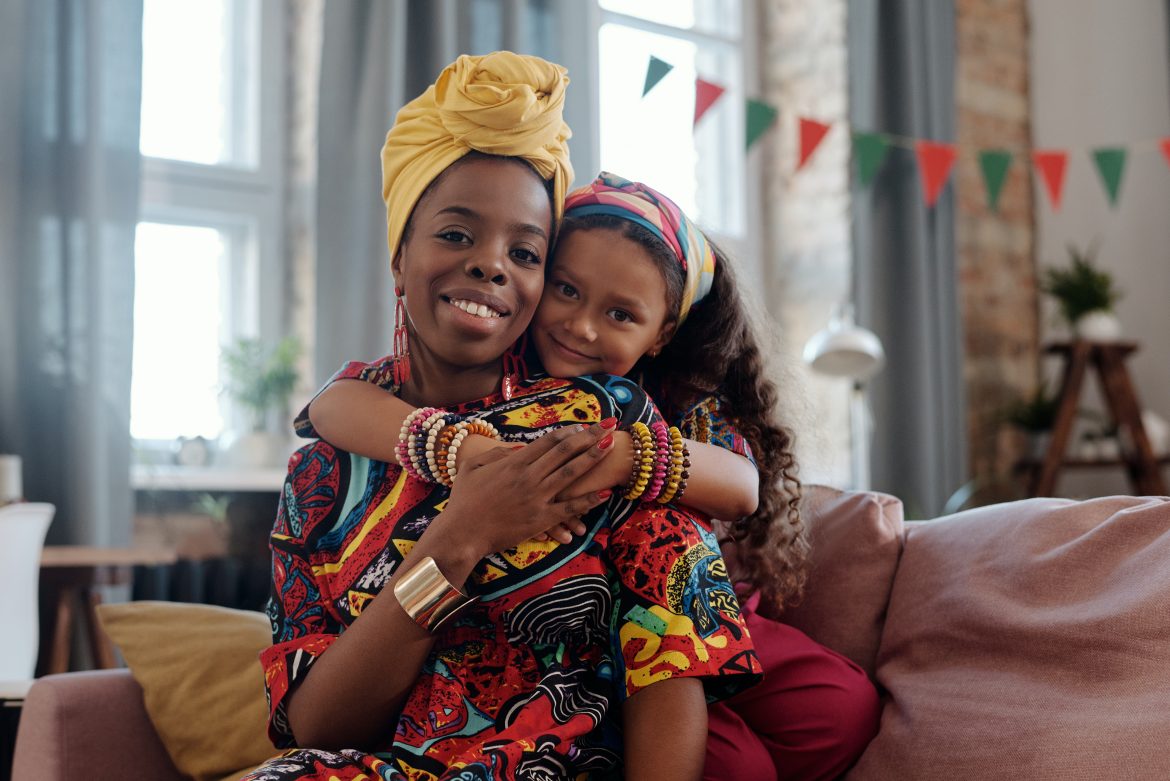The new wave of woke kids – those who demand social justice, political transparency, environmental responsibility and an end to oppression – need a new kind of parenting. The last few year has seen mass youth led social activism, who used social media to publicise and mobilise their various causes. #FeesMustFall, a movement led by university students driven by the desire for free education, may have been the country’s largest protest since The Soweto Uprising. This was an example of a broader resistance against institutionalised discrimination and a plea for justice. Who are these upstanding, fearless kids? Meet the woke generation.
What’s Woke?
Erykah Badu used the term in her 2008 track ‘Master Teacher’. With increased integration of social media, and also movements such as #BlackLivesMatter that gained huge followings, the term became a catchword and made MTV’s 2016 list of slang terms. Being woke means being aware – of current affairs, topical issues, social inequality and racial injustice. The world needs more woke kids to make the dream of social equality a reality. Parents have a role to play here. ‘Humans survive through their connections with social groups. Connections help people find well-being, and better solve the problems that arise in life,’ says Morgan Mitchell, a Cape Town trauma counsellor.
Listen – and Learn
The present smartphone generation may be more switched on than you, so always be open to learning. And if they ask you about something you know little about, google it together. Woke kids need to learn how to argue their position. ‘Ask, don’t tell,’ says Morgan. Listen to – and value – their feelings and opinions.
Filter News
Help kids make sense of news through regular age-appropriate chats. Help them discern credible from fake news, fact from opinion. Highlight good news stories and allay any of their fears about world events. ‘Younger children are not yet able to understand ethical nuance, so you needn’t keep them abreast of every news development. Later, you could watch news with teens and discuss social issues most likely to affect them,’ says Morgan.
Embrace Teachable Moments
Children’s questions are opportunities to teach them about society. Ask them about what they learn at school and fill in any gaps: Tell them about struggle activists, gender equality, the significance of public holidays, and precolonial times.
Talk Race
Children recognise racial difference from three months, and categorise people according to race by six years old. By four or five, they have developed a ‘high-status bias’ (admiring those of higher status in society) and internalised negative stereotypes about their own race. This is why we should raise ‘colour-conscious’ (note, not ‘colour-blind’) kids. Help kids judge others by actions, not race. Explain prejudice, racism and privilege, and encourage racial pride while praising diversity.
Honour Diversity
Ensure your children’s books, toys and media reflect diversity. Shanthini Naidoo, a journalist who is raising her four-year-old daughter to be woke, says travelling is good for exposing children to other communities. If you happen to drive through poorer areas, discuss openly why some have and others don’t, she advises. Jean Lee Farmer, a Cape Town mother of two, believes in questioning media depictions. ‘Be careful about relating dark with bad, and fair with good. Try to separate actions from colour in movies,’ she suggests.
ALSO SEE KIDS AND SLEEP
[Image by Askar Abayev on Pexels]

